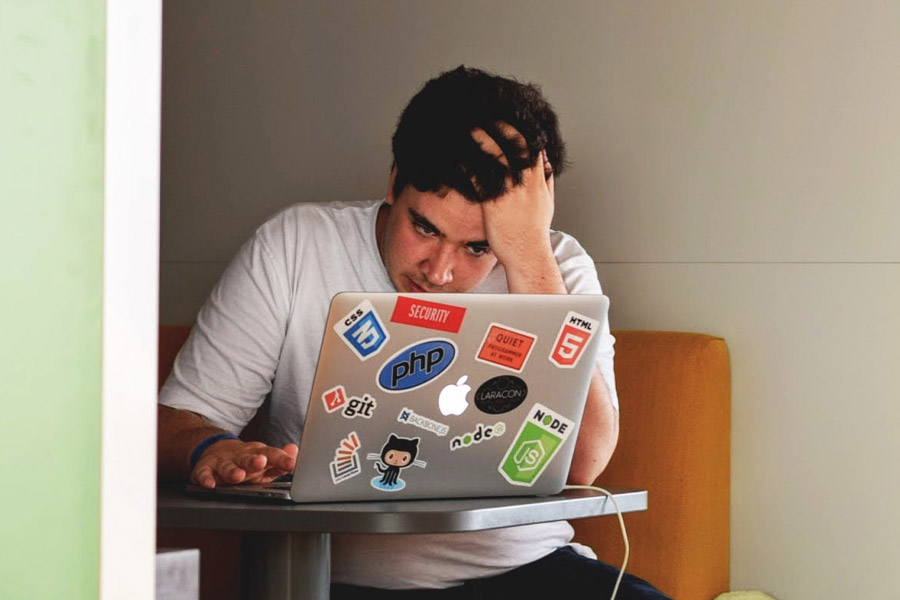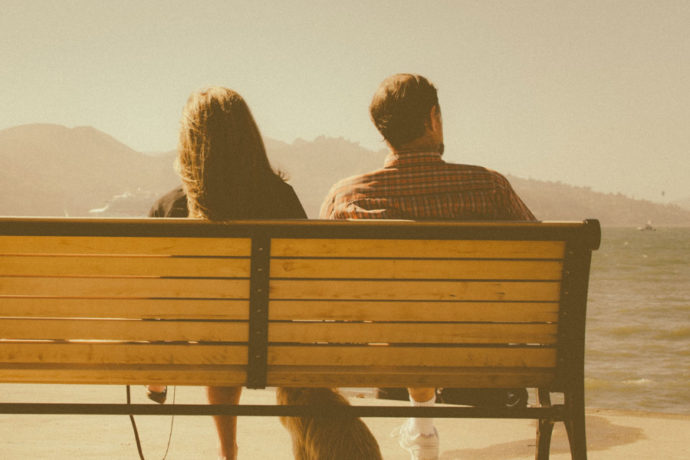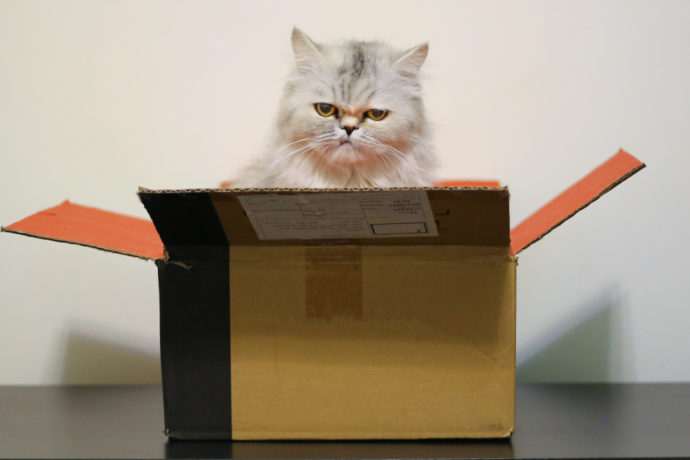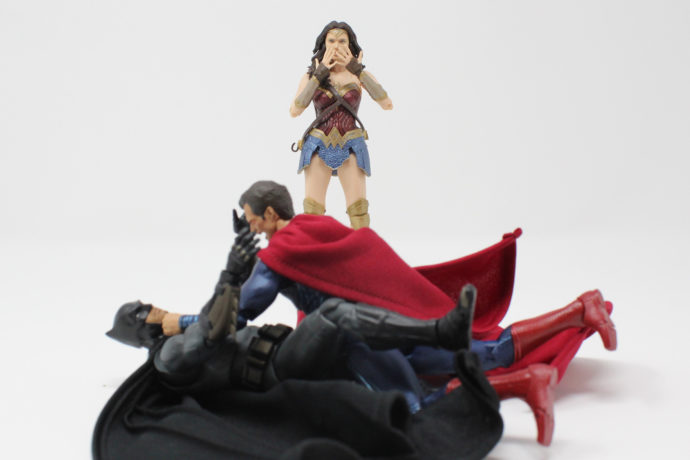Communication is the key to all the relationships we have, which means it is also the key reason that some of our relationships go “wrong”. Going “wrong” can have many different looks too, ranging from explosive to brooding silence, all the way to drifting apart and losing contact. However “wrong” looks for you, this relationship breakdown causes stress and our assumptions that we make of people can be a core factor.
Oh Lord, Stuck in Lockdown Again. – Coping with Covid Information Contradictions

by Jaron Steffens
P.G.Dip Sci (Psychology), B.App.Sci (Psychology)
Dip Child & Adolescent Psychology, Dip Tch (PE & Health)
Delta strain is here, so we’re back in lockdown. You probably noticed. This also means that, once again, we have an overload of contradicting information to sift through to find the information that is important for us to know. Because of this contradicting information, there is confusion about what to believe: Does wearing a mask help? Is lockdown necessary? Is the vaccine safe? Is Covid as bad as they say? Was the moon landing a hoax? Is the Earth flat? Carbs or protein? Did I just get side-tracked?
This confusion causes stress. We want to ensure that we are making the best decisions to ensure the wellbeing of ourselves and our families, but it is stressful when we are unsure about which information to believe. Who is telling the truth?
The answer to this question is…
The answer to this question is – they all are, because truth is subjective. An individual will be exposed to a piece of information, chuck it in a blender with all their life experience so far, and the resulting cocktail is their version of the truth. We often see our identity as the information we know, so this blender does a good job of filtering out the information that doesn’t agree with what we know and disregarding it because it challenges our identity. Unfortunately, we will fight to protect our identity. If someone else’s truth is different to ours, we call them wrong and uninformed.
Who can we believe
Who can we believe if we are trying to gain balanced information to make an informed decision? Social media is not a reliable source of information. By the time you see information on social media, it will have been run through a filter, had some facts removed, and “alternative facts” placed in so you are only exposed to the message sender’s version of the truth. Most of the information online comes from politically motivated sources who live in parts of the world that are not New Zealand. There are so many “experts” on the subject of Covid-19 with strongly worded statements of truth about this virus and what we should believe. I saw a clip from a USA network TV interview with a “Mathematician” saying that there was no mathematical way that the virus exists the way we are told. A little digging revealed that this expert held no qualification as a mathematician, worked as a swing set salesman, and had a conviction for selling drugs.
We have been extremely fortunate in New Zealand to have had very few cases of Covid-19 for the population we have. Because of the great way we have responded to the pandemic, most of us have no personal experience of having had, or knowing someone who has had, this virus. This means we have to look to other countries to understand the damage this virus is doing, which is a little like trying to learn to drive by watching clips of people in Russia sit their driver’s test. We might learn a couple of things, but we miss most of what is specifically relevant to us.
The best place in NZ for information
The best place to get information about Covid-19 in New Zealand is from our government sources. Our government is making decisions based on information provided by qualified, experienced sources and applying it to the unique New Zealand situation. They are also legally required to be transparent, and are also held to account by the opposition party, so we can be sure that we are getting a balanced point of view that supports the well-being of the majority. Keep in mind that the situation is fluid and information will change as the situation changes. The other beauty about our system is that if the government makes poor decisions, they will be voted out by the people. They want to keep their job, so will be making decisions tp work for the majority of the population.
Trusting scientists
We can trust the scientists who inform the government. These people did not spend the best part of 10 years at university because they want to harm people and make a lot of money. These are not well-paying jobs compared to other sectors, and there are many ethical hoops that need to be jumped through with any research involving humans. Scientific research is a fluid process. What we know today may change tomorrow with new information, so we need to expect this and hold on to information as what we believe now, rather than what we know as truth. This will keep it separate from our ego and allow others to hold different beliefs with the information they have. It’s nice to let go of the stress of having to convince others of how wrong they are.
Information that discredits
If you do come across a piece of information that discredits information provided by the authorities, apply a little critical thinking, ask some questions, and find the alternative information. Did you hear that wearing a mask causes you to suffocate in the carbon dioxide we breathe out? I wonder if surgeons, who wear masks all day at work, were surprised about this little gem.
A lot of this information, that crumbles like gluten free bread with even a whiff of scrutiny, comes from the groups against lockdown measures and mask mandates. My question for these people is: What side of the road do you drive on? Rules are put in place to keep you and the ones you love safe, not to control you. Sometimes your freedom steps all over the freedom of others to live safely, so we need a few rules to allow equality to exist. We need to trust that the people we vote for to make these rules that allow this equality, have our best interest at the centre of their decision making. Our government in New Zealand is held to account for any decisions they make and information they provide to the public, keyboard warriors on social media are not.
Feel free to contact me with any questions or make an appointment, text/phone 021 99 00 54 or email [email protected]



